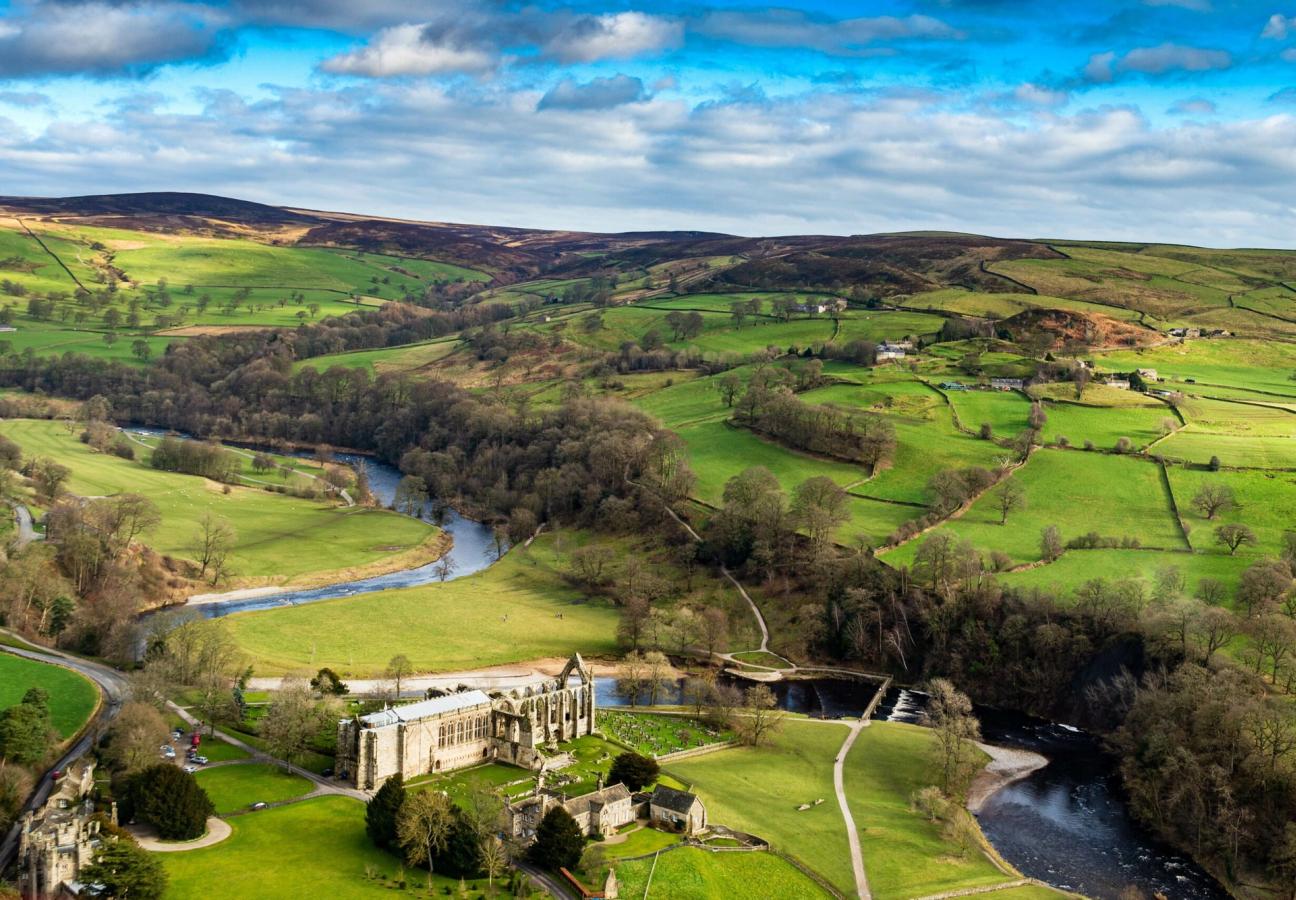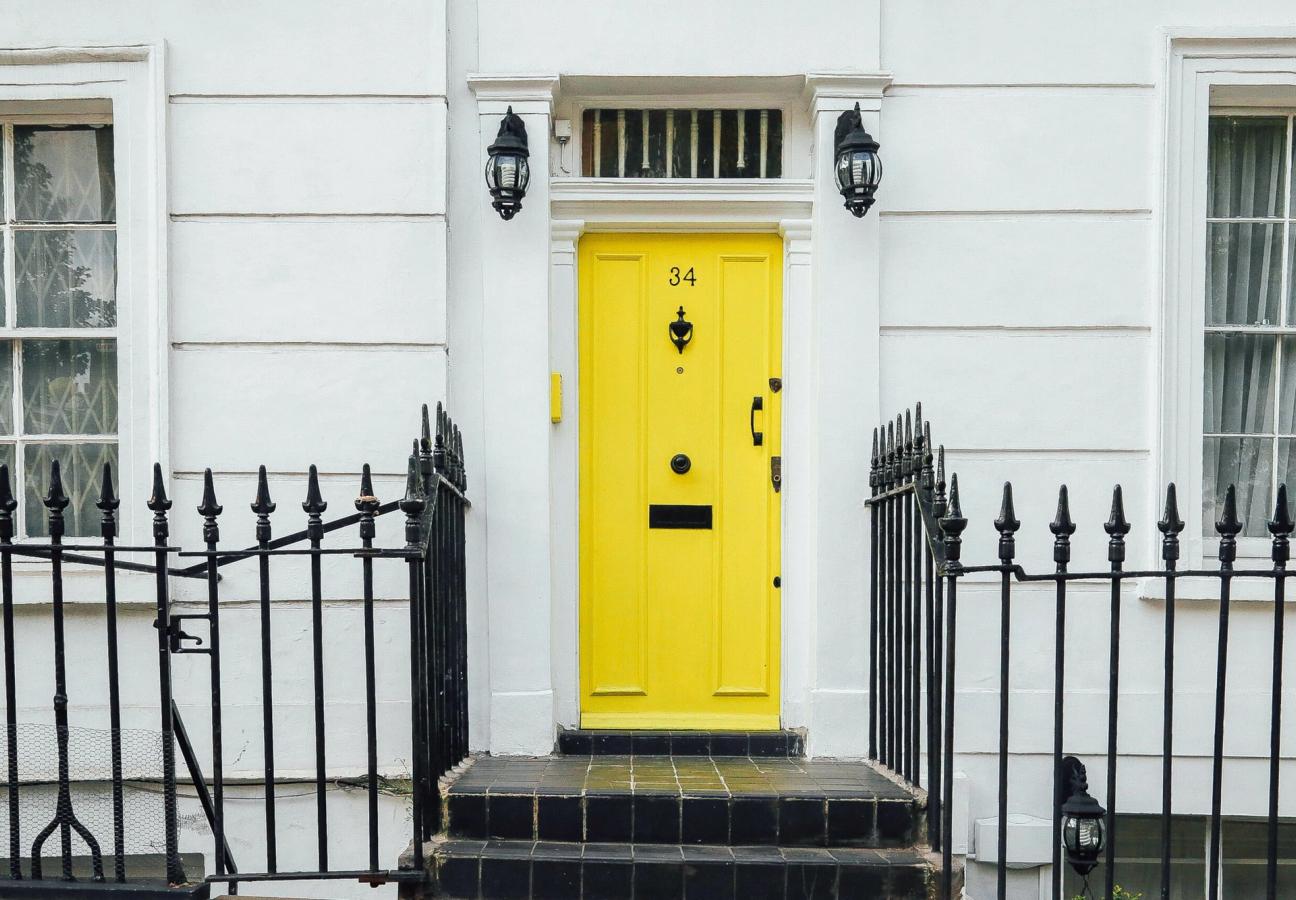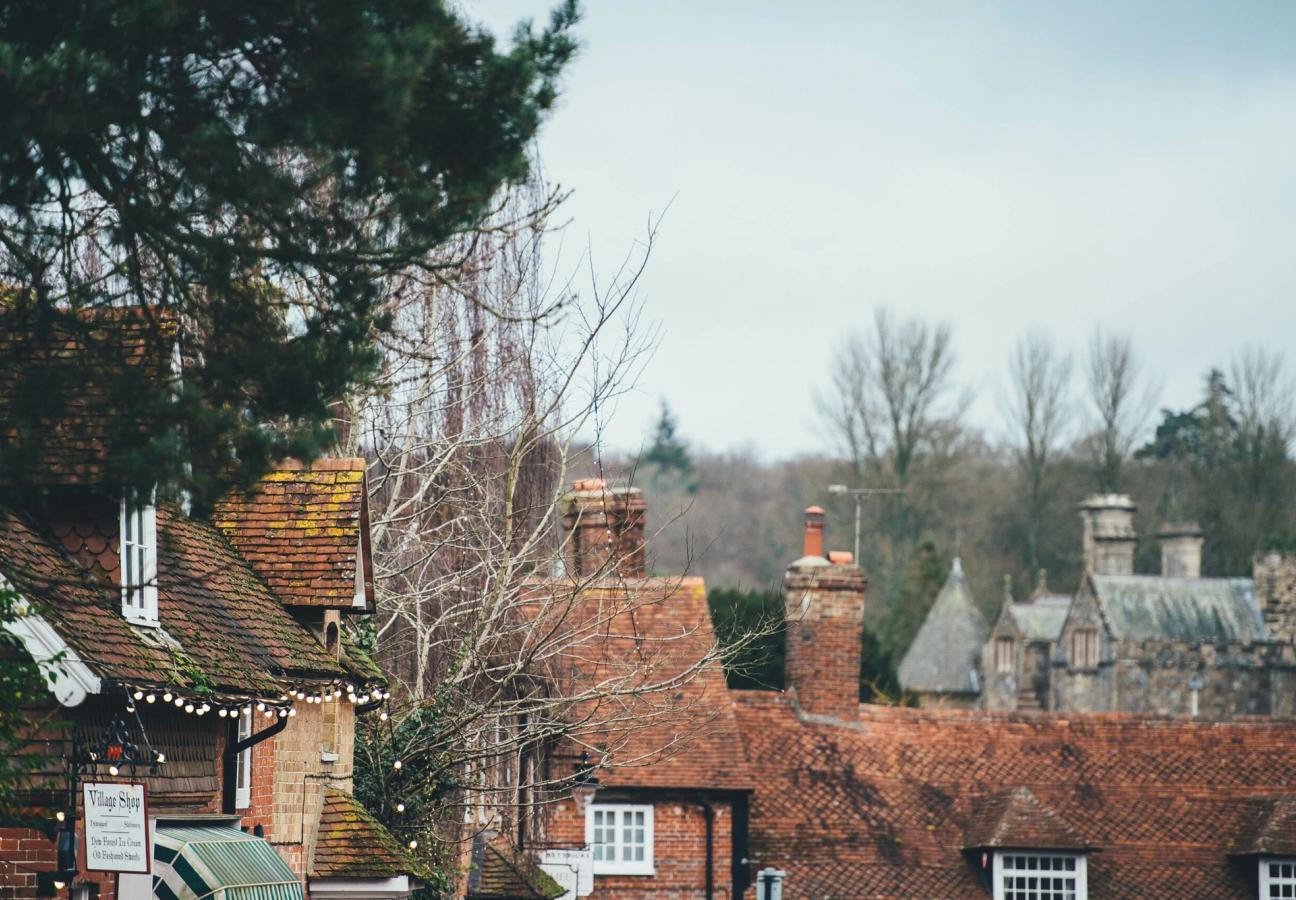

Words: Jonathan Wells
It’s been about ten weeks, in case you’d lost count. We know we had. Ten weeks since lockdown locked-down and we all started our new, self-isolated lives. It’s been a necessary evil, of course — but it’s dragged all the same. And nowhere has it been a tougher, rougher experience than in the centre of cities.
The amenities and luxuries we city folk pay a premium for have disappeared. Limits to public transport and the low levels of car ownership mean many of us have been stuck here — with barely a back garden’s worth of green space to keep us in touch with nature. And we know what you’re going to say; ‘The grass isn’t always greener’. But it is — because we’ve got no grass at all.
And so, as the world tentatively starts back up and we begin to emerge — faces masked and hands sanitised — from our urban flats, many of us are yearning for the wide open spaces of the countryside. We want hills, fells, plains and moors. We want fresh air and beautiful vistas. Many of us are escaping imminently to spend some well-earned time out in the sticks — and some of us are moving there for good.
But is now really the right time to move to the country? Is this the best moment to sell up your city pad and start a new, rural life? Or would it all be a terrible mistake; one regretted when the world once more finds its feet? We asked the experts what they think — and we’d suggest you listen to them.
What exactly is the housing market doing?
This, obviously, is the first question you should be asking. What is happening out there in the wild and wicked world of real estate? Well let us tell you; it ain’t pretty. In fact, independent real estate consultancy Knight Frank’s latest forecast shows that new property listings are down 90 percent since lockdown, offers made are down 80 percent and offers accepted are down 70 percent. These are big drops.
It’s a dip that Knight Frank estimates will lead to a decline of 7 percent in all UK prices and 5 percent in prime London prices during 2020. But that’s the silver lining. Despite the dip, more people will — theoretically — be looking to move, seduced by these lower prices. And where will they be looking? According to Knight Frank’s fellow real estate services provider, Savills, to the countryside.
In the light of the experience of COVID-19, reads Savills’ most recent buyer sentiment survey, considerations including budget, size of property and location have all been impacted. 40 percent of Britons are more likely to choose a village location than they were before lockdown. 1 in 6 would now take a longer commute in their stride. And 71 percent of all young buyers now crave more outdoor space and rural locations. In other words, COVID-19 has spelled trouble for the city.
So why is moving to the countryside suddenly so appealing?

We know what the market looks like, then. But, before we move onto whether or not you should be moving to the countryside — let’s ask why you’re even considering it? Why has the city lost its shine for you, and why, only now, are you deciding that you’d prefer the pastoral life? Is it because you’d rather be stuck somewhere with a garden if we ever locked down again? Or is it — as Frances Clacy, an analyst at Savills, proposes — because life post-lockdown is never going to look the same again.
“Greater space has become a prerequisite for those anticipating increased home-working,” says Clacy. “And those with children. More outdoor space and access to the countryside is also likely to be of greater importance to parents looking for a new home.”
The desire for space, Clacy adds, was expressed by around four in 10 people surveyed by Savills at the height of lockdown. 54 percent of buyers with school-age children also now find the idea of a countryside location more attractive than they did before the pandemic. It’s a shift seen across the board, and Rupert Sweeting, Head of National Country Sales at Knight Frank, says family well-being has become an even more major factor for house-hunters.
“The pandemic has encouraged people to re-evaluate their city homes,” Sweeting explains. “With many now searching for more space in a less built-up area, and freedom for the family to exercise. It’s always a good time to move to the countryside for a healthier lifestyle, with a more relaxed and laidback living style. And now, with improved internet speed, people can work effectively from home in the country — which is certainly driving demand.”
How will working from home change the market?

Of course, it was only a matter of time before ‘working-from-home’ was mentioned. As our ‘new normal’, much of the British workforce will have to wait months before we return to the offices of old — if indeed many of us ever have a conventional workplace again. But it’s a change, according to Savills’ buyer sentiment survey, that we’re reasonably happy with.
According to the data, almost half of the population will be more inclined to work from home even after current restrictions are lifted. And this has two effects. Firstly, we won’t have to live as close to a central hub, paying more money to live within a commutable distance of a bricks-and-mortar office. And, secondly, Savills’ report reveals that if we see a shift towards working from home, 44 percent of workers would want a separate work space in their houses; a home office. More rooms means a bigger house, which means more money — and a greater likelihood that better-value countryside properties will see an influx of interest.
“The potential for a rural renaissance comes at a time when country property looks increasingly good value compared to prime houses and flats in our most desirable towns and cities,” confirms Frances Clacy. “Well-connected village locations, ideal for those who can split their working week between home and office, are likely to be in particular demand.”
So where does value for money come into things?
There’s a fine line. We’d all prefer to be closer to amenities, entertainment and shops than a rural lifestyle allows. But, with time increasingly spent at home and offices becoming largely redundant in many sectors, value for money and a desire for space look set to become our number one priorities.
“By moving into the country, you can get much more volume for less money, less ‘£ per sq ft’ than in the city,” explains Knight Frank’s Rupert Sweeting. “You will also get a garden, fresh air, access to shops and perhaps even links into London.”
Value appears to be the main reason that more people are looking to move to the countryside. The more obvious benefits, boosts to our health and wellbeing, seem to be secondary. Savills’ buyer sentiment survey reported that 39 percent of would-be buyers under 50 have stated an increased inclination to upsize, with 71 percent of those under 40 also now citing a garden or outdoor space as a pressing consideration. It’s a desire that we may not have been as aware of before lockdown — but looks set to be a driving force in the market from here on out.
If you were to move to the country, where should you be looking?

So where should you be looking? If you are having a family and want room to grow; if you aren’t going back to an office and need a larger home with a work space; if you have had your eyes opened to the importance of personal outdoor areas — where should you be dropping your pin?
“Up-and-coming areas are those beyond the natural commuter belt,” reveals Rupert Sweeting. “So Suffolk, East Sussex and Somerset — places where your money will go further.”
They’re certainly beyond the tube lines. Last month, Rightmove recorded its busiest day ever, with over 6 million people viewing listings on the site. Before COVID-19, ‘Studio Flats’ had been the most popular search. Now, they’re not even in the top five, with ‘Two Bedroom Houses’ the most in-demand. And locations that have seen a surge in interest are rural ones; Cornwall, Devon, Rochester and Cheshire.
“Areas with beautiful scenery and a potentially quieter life are proving to be popular,” says Miles Shipside, Rightmove’s commercial director and housing market analyst, “as home-movers’ priorities start to shift and outside space becomes more important.”
Is now the right time to move to the country?
So it’s clear what people are doing, but it doesn’t answer our question: should you be moving to the country right now, or could a knee-jerk reaction to a current situation sting you in the long-term?
“It’s completely dependent on what stage the market is in,” says Rupert Sweeting. “The London market is more volatile so, if you buy at the bottom, you may see a quicker return in new conditions. However, you may not get the quality of lifestyle that you would in the country.”
So what do you value more? Well-being, or money? If you’re now a remote worker, and all you want is a home office and a garden, by all means move to the countryside in the coming months. But, if the world bounces back to a place where offices reopen, you’ll be faced with either a lengthy commute, or a fight to get back into the city.
Still upping sticks anyway? Cecil Beaton’s Reddish House is the quintessential English country escape…
Become a Gentleman’s Journal member. Find out more here.


